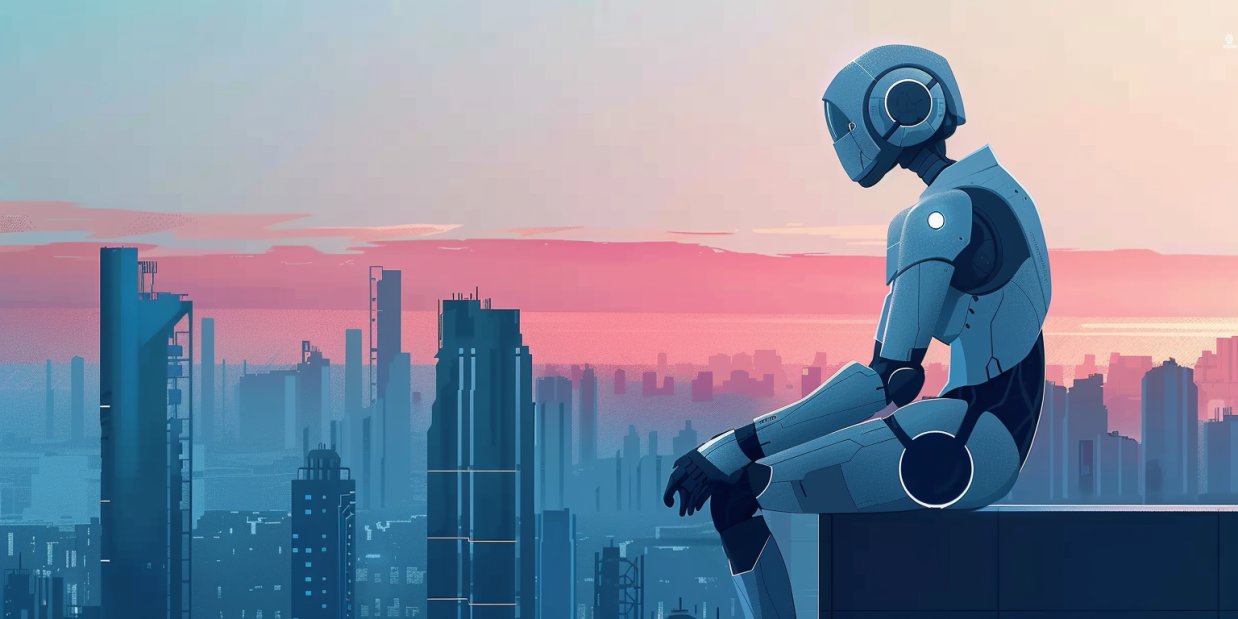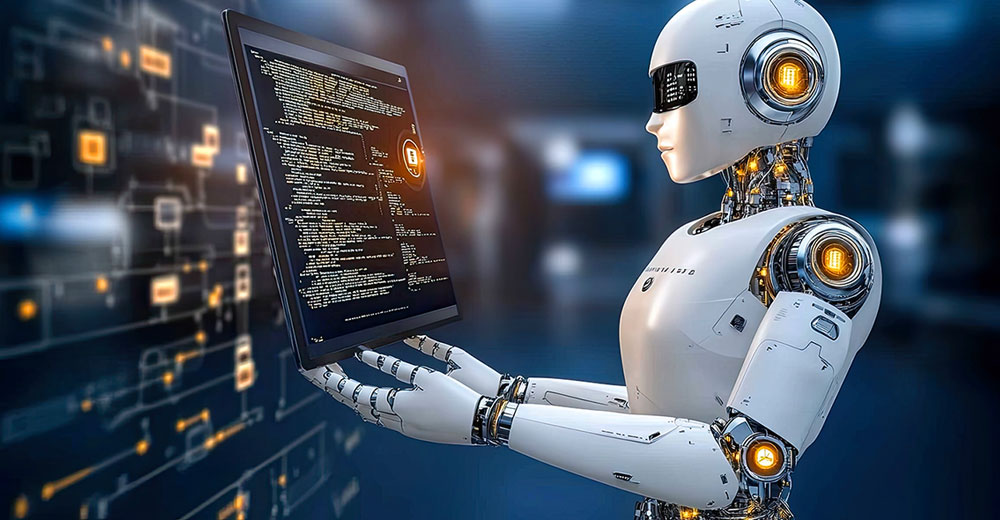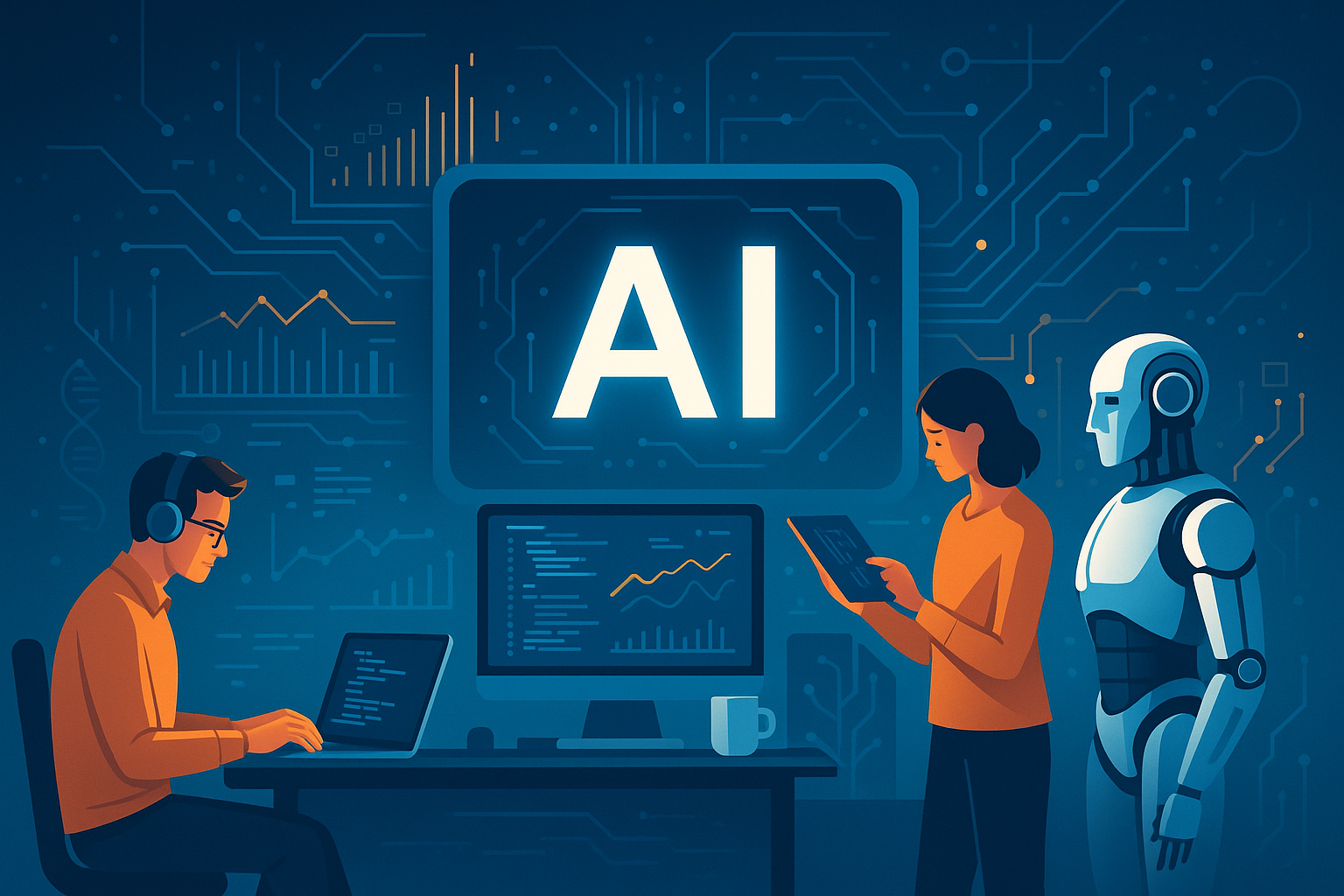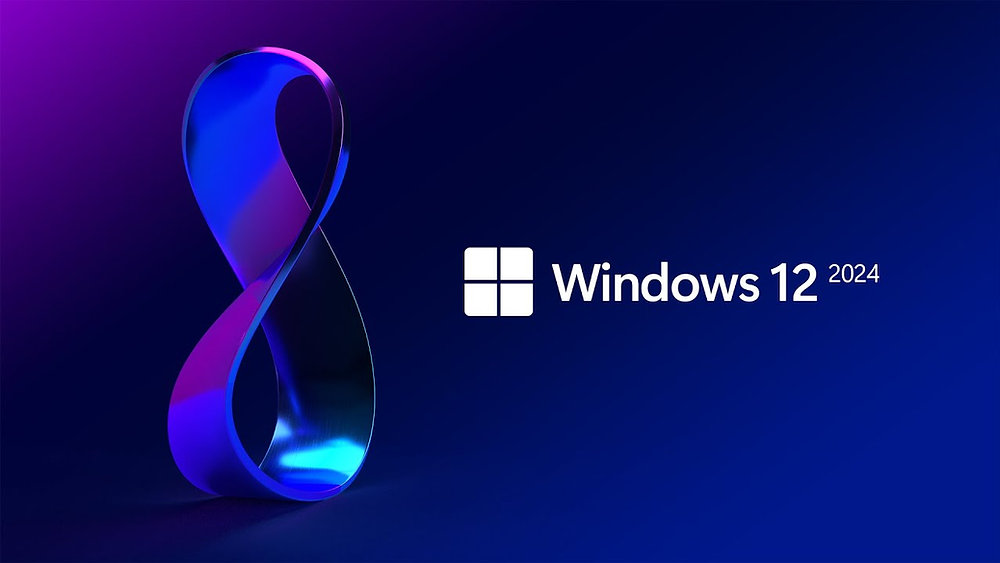As artificial intelligence (AI) continues to reshape the workplace, one of the most pressing questions facing workers and students is this: Which careers will still be relevant? With automation accelerating across industries—from finance to healthcare to logistics—it’s no longer enough to aim for a “high-paying” job. The smarter strategy is to pursue AI-resilient careers: jobs that can withstand, adapt to, or even thrive because of AI.
These careers share a handful of common traits that make them difficult to automate. They require a blend of human judgment, emotional intelligence, creativity, and contextual reasoning that current AI tools can’t replicate or replace. Let’s break down the core qualities of AI-resilient careers and why they matter.
1. Human-Centered Skills: Empathy, Communication, and Relationship-Building
AI can process data at lightning speed, but it lacks empathy. That makes careers rooted in human interaction more resilient. Consider roles like therapists, social workers, nurses, teachers, or customer success managers. These jobs involve not just transferring information but understanding people—reading body language, responding with care, and adapting in real time to emotional cues.
Even in fields like law or medicine, where AI can analyze cases or diagnostic data, the final decision and communication often rely on human touch. Patients trust doctors who listen. Clients need lawyers who understand their personal situations. Teachers succeed when they connect, not just instruct.
Why it’s resilient: Emotional nuance, trust-building, and personalized care are hard to code. People still want to be seen and heard by other people.
2. Creative Problem-Solving and Innovation
AI can remix existing data, but it still struggles with original thought and complex creative leaps. That’s why jobs in design, strategy, writing, product development, entrepreneurship, and the arts remain more resilient. These roles demand not only content creation but also idea generation, experimentation, and storytelling—skills rooted in human experience and culture.
Even as generative AI tools get better at mimicking styles or producing drafts, the strategic mind behind the idea—the person who understands what’s worth creating, and why—still matters most.
Why it’s resilient: Creativity isn’t just producing output; it’s solving new problems in novel ways. AI needs a prompt. Humans create purpose.
3. Ethics, Judgment, and Complex Decision-Making
Algorithms follow rules; people navigate gray areas. Jobs that rely on ethical reasoning, high-stakes decision-making, or moral leadership can’t be left to machines alone. Think of roles in public policy, law enforcement, business leadership, compliance, or crisis management. These careers involve balancing trade-offs, interpreting consequences, and responding to unpredictable human behavior.
For example, while AI might flag suspicious financial activity, a human compliance officer decides what to do about it. In public health, AI might model outbreak risks, but policymakers decide when and how to act, weighing public trust and social impact.
Why it’s resilient: Judgment in complex, ambiguous scenarios isn’t something AI can simulate well. Human decisions often require context, values, and accountability.
4. Dexterity and Physical Adaptability
Manual labor isn’t going away—it’s evolving. Jobs that require fine motor skills, physical adaptability, or working in unpredictable environments are still tough to automate. Electricians, plumbers, firefighters, mechanics, nurses performing hands-on care, and even chefs must constantly adjust to real-world variables.
Robots and automation excel in controlled environments—factory floors, for example—but struggle in homes, disaster zones, or chaotic public spaces. Skilled trades, healthcare, and emergency services all involve sensory feedback, quick thinking, and real-time adaptation to physical conditions.
Why it’s resilient: Physical and spatial complexity, combined with the need for improvisation, remains out of AI’s reach.
5. Interdisciplinary Thinking and Systems Perspective
AI tools are often trained on narrow tasks. But many high-value careers require connecting dots across fields, understanding systems, and working at the intersection of disciplines. Urban planners, environmental consultants, systems engineers, product managers, and policy analysts operate in complex environments where technology is just one piece of the puzzle.
These jobs benefit from AI—but they don’t depend on it. Instead, they use AI as one input among many, combining it with political realities, cultural norms, historical insight, and strategic foresight.
Why it’s resilient: Interdisciplinary roles rely on seeing the big picture, something AI can’t fully grasp without human guidance.
6. Learning Agility and Adaptability
The most AI-resilient professionals may not hold a specific “safe” job title—they hold a mindset. Lifelong learners who adapt quickly, build new skills, and embrace change are more likely to thrive, no matter how AI reshapes their industry. It’s not just what you know today—it’s how fast you can learn tomorrow.
This quality is especially valuable in dynamic fields like tech, marketing, or business strategy, where tools and trends change rapidly. People who evolve alongside AI—rather than compete against it—will have the edge.
Why it’s resilient: Adaptable minds can reframe challenges, reskill fast, and use AI as an advantage, not a threat.
Conclusion: AI Won’t Replace You—But Someone Using AI Might
Careers that resist automation do so because they’re fundamentally human—involving emotion, creativity, judgment, physical dexterity, or system-level thinking. But resilience doesn’t mean immunity. Even in these roles, AI will become part of the workflow. The key is to stay human while embracing the tools.
AI isn’t replacing all jobs, but it is changing the nature of work. The safest careers are not just about choosing the right industry, but about developing the right skills and mindset:
- Think beyond routine.
- Build human connections.
- Solve problems creatively.
- Make ethical decisions.
- Stay curious and keep learning.
In short: double down on what makes you human. That’s your best defense—and your greatest opportunity—in the age of AI.



